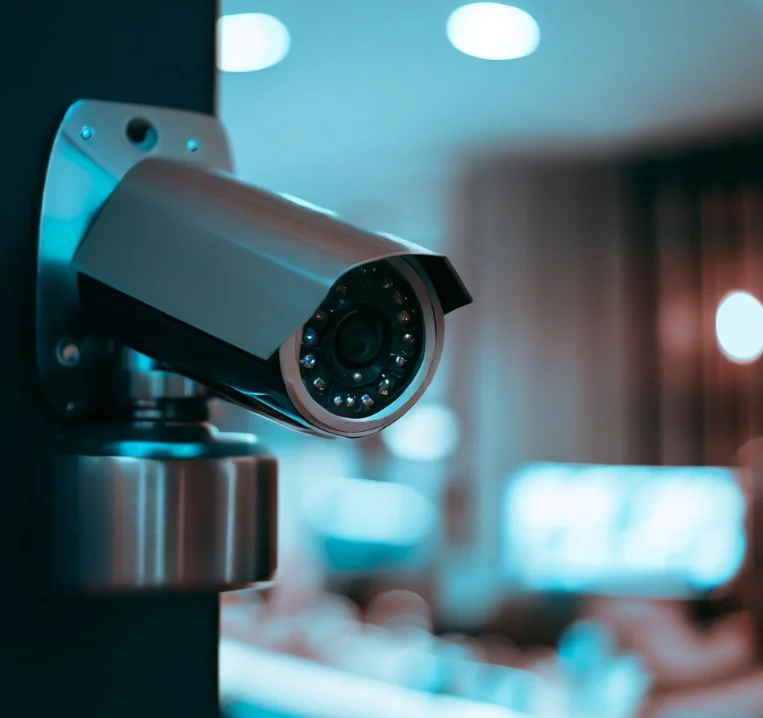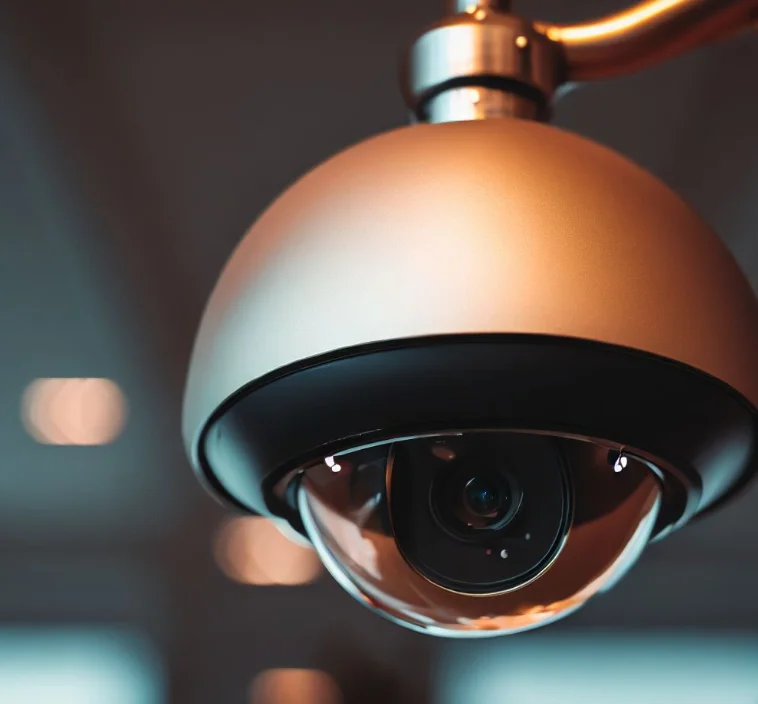Hotel security is a top priority, and CCTV surveillance cameras play a key role in protecting guests, staff, and property. But running cables to power cameras can be disruptive and expensive. That’s where innovative solar powered wireless security cameras come in.
Let’s look at how solar powered wireless cameras can enhance hotel security in a non-invasive way, while reducing energy costs and enabling flexibility in camera placement.
Benefits of Solar Powered Wireless Security Cameras for Hotels
Solar powered wireless security cameras provide a number of benefits that make them ideal for hotel deployments:
- Eliminate cabling cost and disruption: Wireless cameras don’t require running power cables, saving on installation time and cost. No need to drill holes, run conduit, patch walls, etc.
- Flexible, non-invasive placement: Cameras can be mounted anywhere without proximity to outlets. Ideal for historic buildings where altering structure is prohibited.
- Reduce energy consumption: Solar power reduces a hotel’s carbon footprint and electrical costs compared to wired cameras.
- Resilient operation: Solar cameras function in outages when wired cameras fail. Great for storm-prone areas.
- Scalability: Wireless systems can be easily expanded by adding cameras without additional infrastructure.
- Motion-triggered: Solar cameras conserve power by only recording when motion is detected.
- Deter crime: Visibly mounted cameras deter crime even if not continuously monitored.
Key Selection Criteria for Hotel Solar Security Cameras

- Image quality – At least 1080p resolution with night vision capability ensures facial recognition and clear identification.
- Weatherproofing – IP66 or IP67 rating ensures the cameras withstand rain, dust, heat and sun exposure.
- Battery capacity – Larger solar batteries provide longer overnight operation without direct sun.
- Motion detection – Motion-triggered recording saves power compared to continuous capture.
- Networking – Wireless connectivity like WiFi allows flexible placement and integration with existing networks.
- Mobile viewing – Remote app viewing enables hotel security to monitor cameras from anywhere.
- Durability – Metal vandal-proof housings protect against tampering or damage.
- Brand reputation – Established vendors provide multi-year warranties and US-based support.
Top Use Cases for Hotel Solar Wireless CCTV
Here are some of the most common and impactful applications for solar powered wireless security cameras at hotels:
Outdoor Perimeter Surveillance
Capturing clear video of parking lots, entry gates, loading docks and external exits aids police investigations while deterring vehicle break-ins, thefts, vandalism and unauthorized access.
Pool Area Monitoring
Cameras with two-way audio allow hotel staff to remotely monitor pool areas for safety violations and quickly intervene using the camera speaker if needed.
Courtyard/Fountain Area Security
Monitoring courtyard fountains, seating areas and entrances to convention spaces provides coverage without running cables across sidewalks or under pathways.
Bar/Lounge Observation
Staff can discreetly monitor for overconsumption, arguments or policy violations from a central location without intrusive cameras in dining areas.
Hallway/Corridor Safety
Monitoring internal corridors and hallways aids investigations of harassment reports, detects unauthorized access to restricted areas, and ensures employee safety.
Supporting Solar Camera Infrastructure

- NVR: A centralized network video recorder (NVR) collects and stores footage from all cameras. This provides redundancy if individual cameras fail.
- Signage: Prominent signs should notify guests and staff of video surveillance for deterrence and disclosure purposes.
- Monitoring: Security staff should proactively watch live feeds and review recordings to identify issues or disturbances.
- Lighting: Adequate scene illumination is required for crisp, usable night footage. Consider IR illuminators.
- Backup Power: Uninterruptible power supply (UPS) units maintain NVR operation during outages to avoid data loss.
- Remote Access: Cellular LTE or wireless networking allows offsite monitoring of cameras when on premises connectivity is unavailable.
Hotel Solar Wireless CCTV Planning Best Practices
When planning a solar powered wireless security camera system, hotels should follow these best practices:
- Survey property to map camera locations and choose models (form factor, lens type, resolution etc).
- Interview staff to identify pain points cameras should address rather than just monitoring for monitoring’s sake.
- Model solar panel size and battery capacity required using camera power draw and average solar exposure.
- Mock up camera mounting and solar placement to capture desired views before permanent installation.
- Develop policies for monitoring, privacy, data retention and law enforcement requests.
- Train staff on proper monitoring practices and conveying footage to authorities.
- Post clear signage according to local laws to disclose surveillance to guests.
- Continuously confirm cameras remain operational via periodic maintenance checks.
Case Study: Solar Wireless Cameras Improve Boutique Hotel Security
The Harbor View Inn, a historic boutique hotel in Edgartown, MA, deployed Reolink Argus 3 wireless solar cameras to enhance security around their idyllic property without impacting the 19th century aesthetics. The GM reported:
“We had attempted wired cameras in several exterior locations over the years but could never get a solution that didn’t require exterior conduit. The Reolink Argus cameras have enabled us to finally monitor some key unprotected areas like parking lots and loading zones without construction. I can quickly view live feeds from my phone which has already helped identify unauthorized access and deterred a break-in attempt according to police. The solar power means I never have to charge them or run cables. Guests haven’t even noticed the discretely mounted cameras. I’m very pleased with the security enhancement versus the cost.”
Conclusion
For hotel owners and operators, solar powered wireless CCTV cameras provide an innovative way to deploy video surveillance across properties without expensive and invasive cabling runs. Combining flexible placement with reduced infrastructure costs and lower energy demands, solar wireless security cameras are a smart investment that pays dividends for years to come in enhanced guest safety, security and satisfaction.
